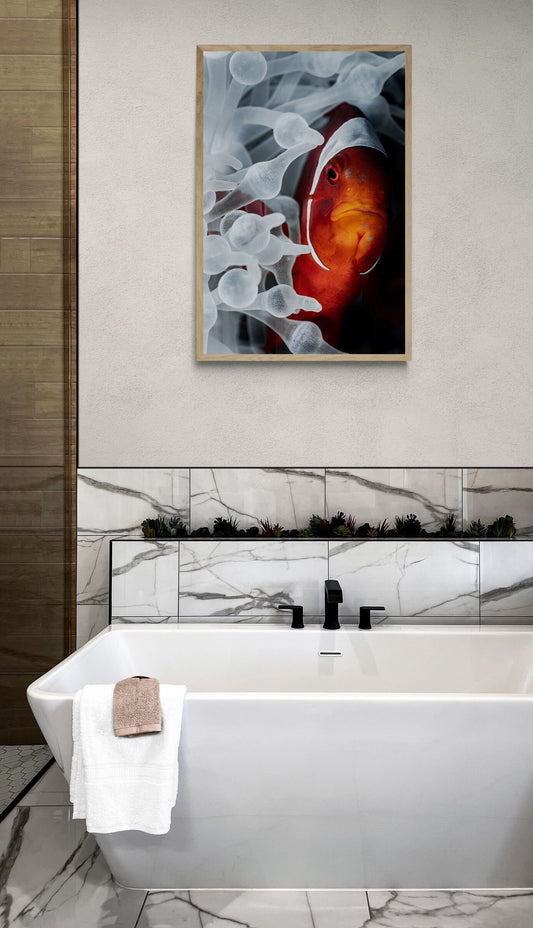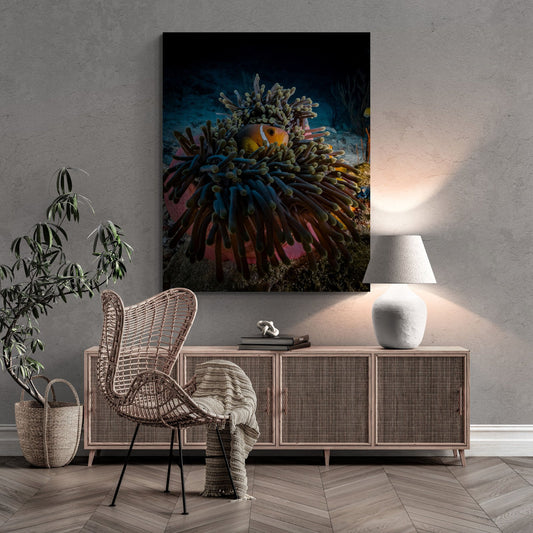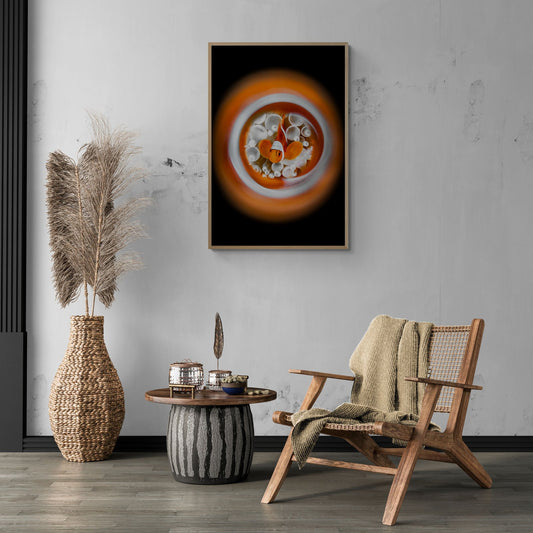Why Clownfish Matter
Beneath the surface of tropical oceans, clownfish navigate a world of wonder and survival. These vibrant fish are more than just a familiar sight in coral reefs—they embody resilience, adaptability, and the intricate balance of marine ecosystems. Their symbiotic relationship with anemones showcases nature’s brilliance, proving that cooperation is key to survival. But as oceans warm and reefs degrade, clownfish face an uncertain future.
Nature’s Perfect Partnership Between Clownfish and Sea Anemones
Clownfish and sea anemones share one of the most fascinating relationships in the natural world. The anemone provides shelter and protection with its stinging tentacles, while the clownfish defends its host from predators and keeps it clean. This partnership is essential for the reef’s health, demonstrating how interconnected life beneath the waves truly is. Yet, with coral bleaching and environmental changes, this delicate balance is at risk.
The Hidden Threats to Clownfish
Like many marine species, clownfish are vulnerable to the effects of climate change and habitat destruction. Rising ocean temperatures and pollution contribute to the decline of coral reefs and anemones, leaving clownfish without their vital refuge. Overfishing and the aquarium trade further endanger their populations, making conservation efforts more urgent than ever.
A Symbol of Conservation
The fate of clownfish reflects the broader health of our oceans. By protecting marine habitats, reducing carbon emissions, and supporting sustainable practices, we help preserve not only clownfish but countless species that rely on the ocean for survival. Organisations worldwide are working to restore reefs, regulate fishing practices, and educate communities on the importance of marine conservation.
Fun Facts About Clownfish
-
Clownfish are born male, but they have the ability to change into females if the dominant female in their group dies. However, once they become female, they cannot switch back.
-
They communicate with each other using popping and clicking sounds.
-
Clownfish are immune to the stings of their host anemones because of a special mucus layer on their skin.
-
They are highly territorial and will fiercely defend their anemone homes from intruders.
-
Clownfish eggs are cared for by the male, who protects and cleans them until they hatch.
The Art for the Preservation of Clownfish
Each artwork in our clownfish collection is more than a visual tribute—it’s a call to action. A portion of every purchase supports initiatives dedicated to ocean conservation, ensuring that future generations can witness the beauty of clownfish in the wild. Through art, we celebrate their resilience and inspire a deeper connection to the underwater world.
Join the Movement in Protecting Clownfish
Protecting clownfish means protecting the oceans. It’s about recognising our role in the planet’s ecosystems and taking meaningful steps toward change. Together, we can preserve these remarkable creatures and the vibrant world they call home.
-
The Serious
Vendor:Jake WiltonRegular price From $110.00Regular priceUnit price per -
The Night Owl
Vendor:Jake WiltonRegular price From $110.00Regular priceUnit price per -
The Day Crew
Vendor:Jake WiltonRegular price From $110.00Regular priceUnit price per











